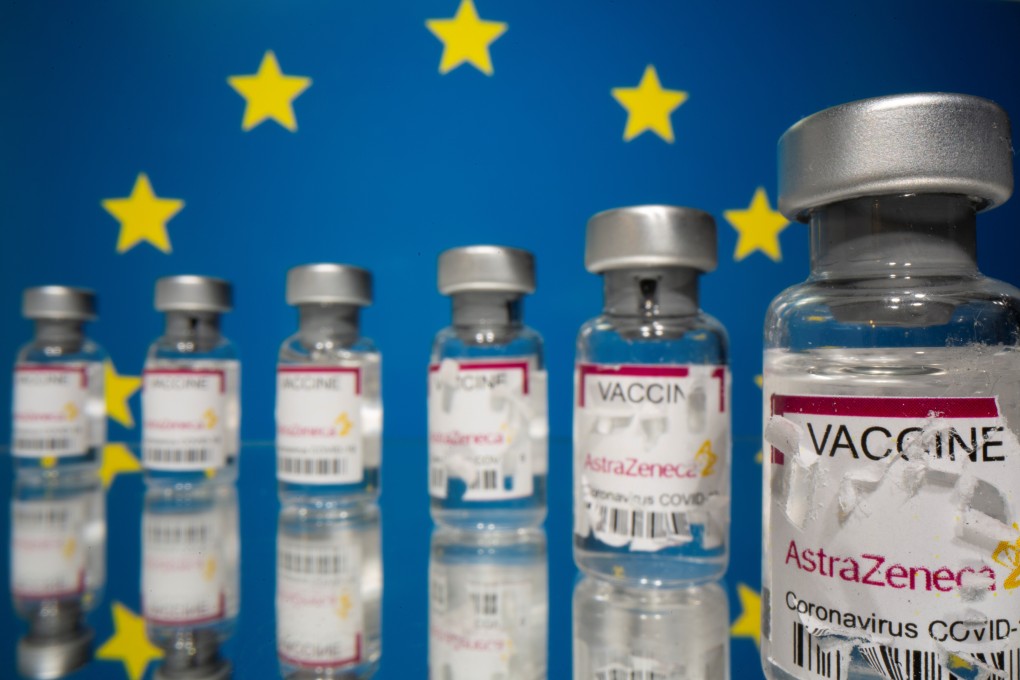Coronavirus: more countries halt AstraZeneca as WHO says vaccine safe
- The EU’s largest countries joined a stream of states halting their roll-outs of AstraZeneca jabs
- The World Health Organization and Europe’s medicines watchdog insisted it vaccine safe to use

WHO safety experts prepared to meet on Tuesday over the AstraZeneca coronavirus vaccine whose roll-out has been halted in several European countries over blood clot fears, imperilling the pandemic fight as infection rates surge.
The three largest EU nations – Germany, Italy and France – joined others in suspending the shot on Monday, dealing a blow to the global immunisation campaign against a disease that has killed more than 2.6 million people.
Sweden and Latvia on Tuesday suspended use of the vaccine, bringing to more than a dozen the number of EU countries to act since reports first emerged of thromboembolisms affecting people after they got the AstraZeneca shot.
”The decision is a precautionary measure,” Sweden’s chief epidemiologist, Anders Tegnell, said in a statement.
The World Health Organization, AstraZeneca, and the European Medicines Agency have insisted the shot is safe, and that there is no link between the vaccine and reported blood clots.
“We do not want people to panic and we would, for the time being, recommend that countries continue vaccinating with AstraZeneca,” WHO chief scientist Soumya Swaminathan said on Monday.